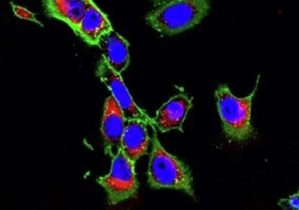
A University of Washington team led by Miqin Zhang, a MolES faculty member and professor of materials science and engineering, has developed a nanoparticle-based drug delivery system that can ferry a potent anti-cancer drug through the bloodstream safely. Their nanoparticle is derived from chitin, a natural and organic polymer that, among other things, makes up the outer shells of shrimp.
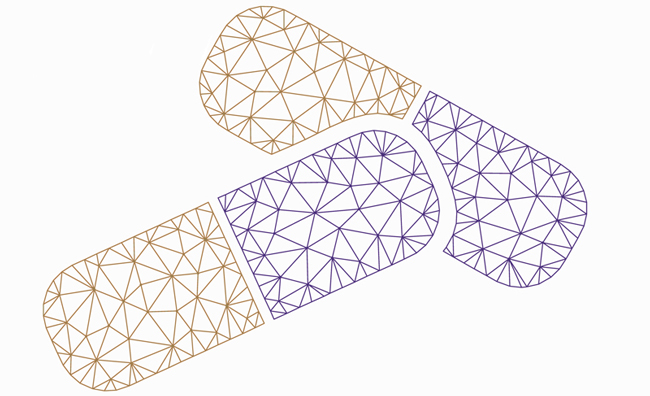
Advances in synthetic biology and biomaterials are opening up exciting prospects for the distributed manufacturing of drugs, food products, and other commodities.
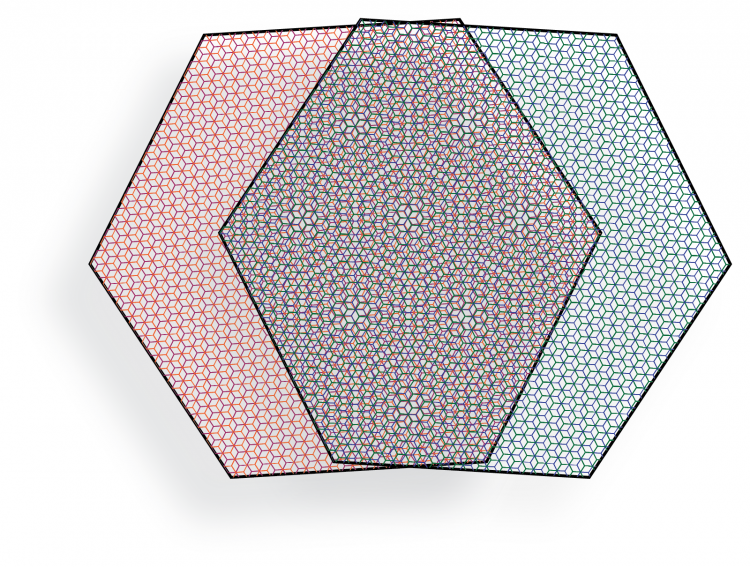
In a paper published Sept. 14 in the journal Nature Physics, a team led by the University of Washington reports that carefully constructed stacks of graphene "” a 2D form of carbon "” can exhibit highly correlated electron properties. The team also found evidence that this type of collective behavior likely relates to the emergence of exotic magnetic states.
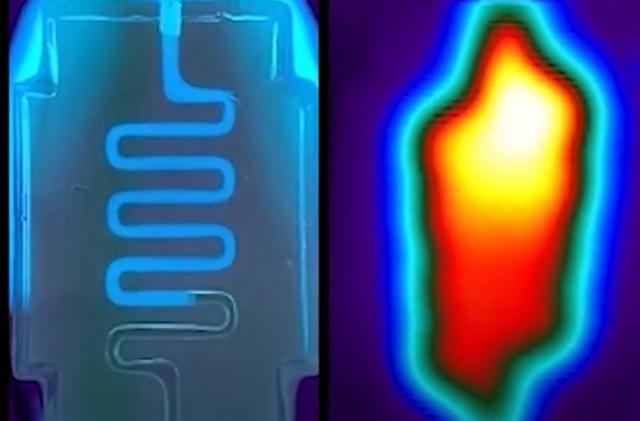
Bioengineering professor Kelly Stevens and colleagues created a new tool to control gene expression in 3D-printed genetically-engineering cells using heat.
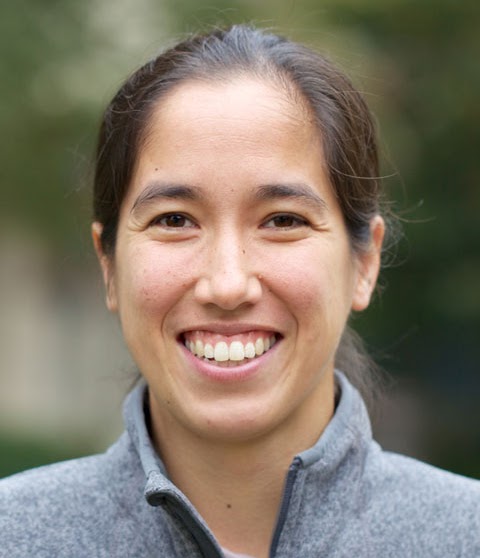
The National Science Foundation has awarded $3 million to establish a NSF Research Traineeship at the University of Washington for graduate students in quantum information science and technology. The new traineeship "” known as Accelerating Quantum-Enabled Technologies, or AQET "” will make the UW one of just "a handful" of universities with a formal, interdisciplinary QIST curriculum. MolES faculty member Kai-Mei Fu will serve as the director of AQET.

James Carothers, Dan Evans Career Development Associate Professor of Chemical Engineering, and Jesse Zalatan, Assistant Professor of Chemistry, have been awarded a National Science Foundation EAGER grant to develop a new type of SARS-Cov-2 antibody test. Carothers and Zalatan will receive $300,000 over a one-year period from funds made available through the Coronavirus Aid, Relief, and Economic Security (CARES) Act.
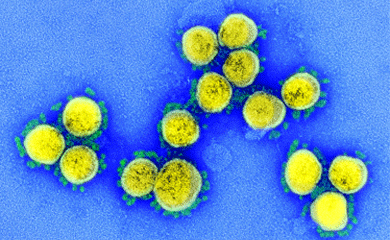
At the onset of the #COVID-19 pandemic, MolES faculty member Paul Yager, a UW professor of bioengineering, knew a rapid and accurate test would be needed to screen patients for the new coronavirus. He immediately set to work adapting his point-of-care testing research to developing an at-home test for the new virus.
Read more about how the Yager lab is developing easy, fast and accurate COVID-19 tests to be used at home and in the clinic.
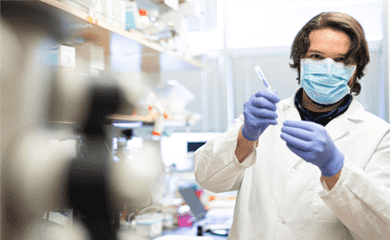
MolES faculty member and bioengineering professor Barry Lutz, in partnership with Dr. Matthew Thompson, a UW professor of family medicine and global health, is pioneering at home test kits for the Seattle Coronavirus Assessment Network to respond to the COVID-19 pandemic.
Read more about how the Lutz lab is developing new ways to rapidly test for COVID-19.
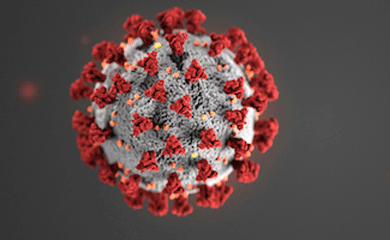
In response to the COVID-19 pandemic, MolES faculty have pivoted their research to address the novel coronavirus, SARS-CoV-2. They are leveraging molecular engineering approaches and tools to develop improved diagnostics, targeted treatment strategies, and a better understanding of the virus. We highlight a few of these projects here.
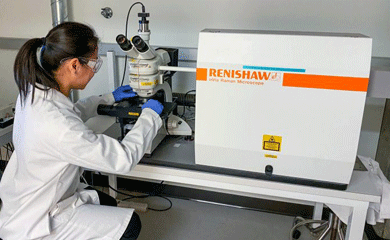
Using advanced instrumentation in the Molecular Analysis Facility, researchers in the lab of MolES faculty member and materials science & engineering professor Christine Luscombe have discovered that Salish Sea oysters may not contain as many microplastic contaminants as previously thought.